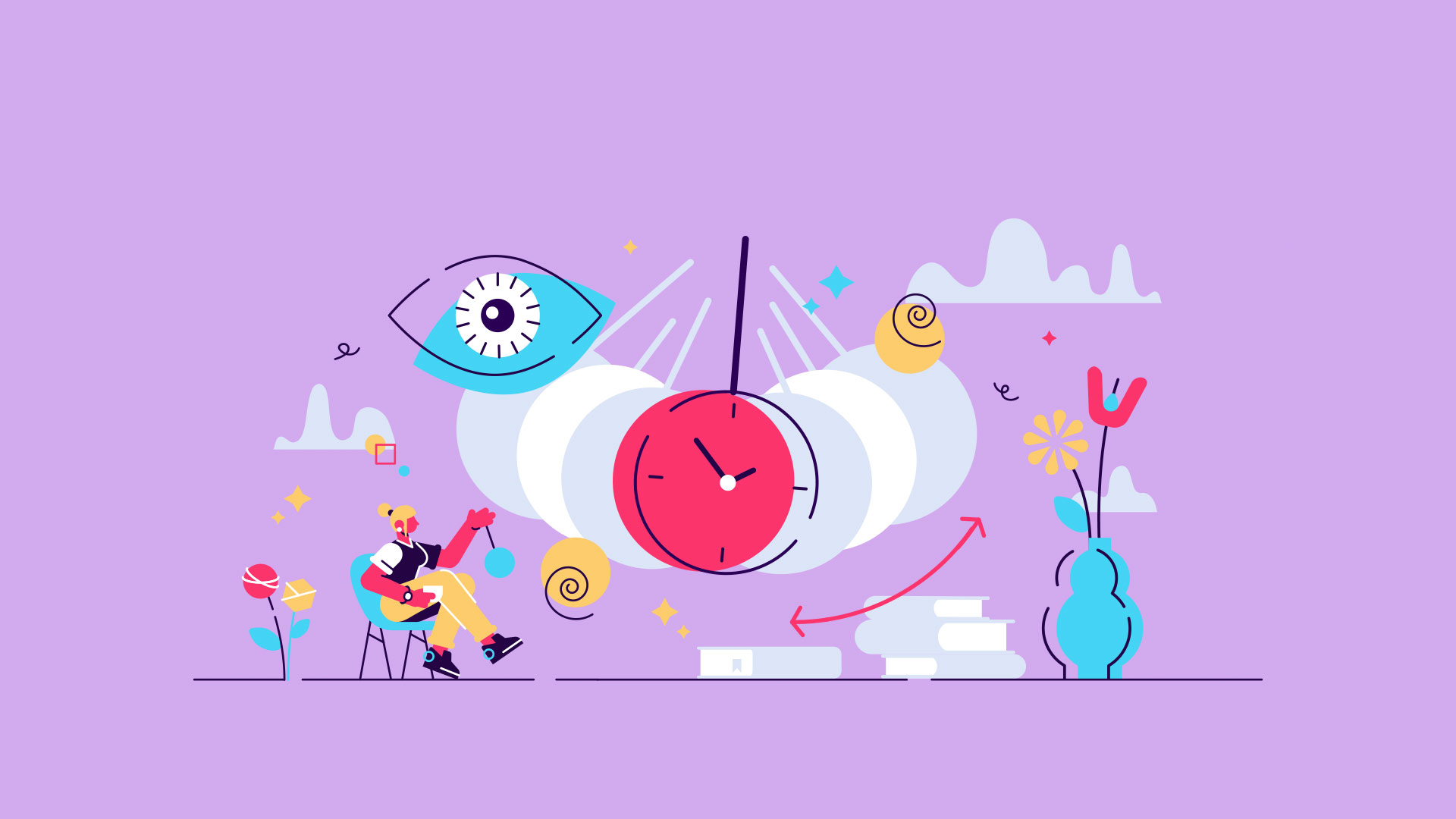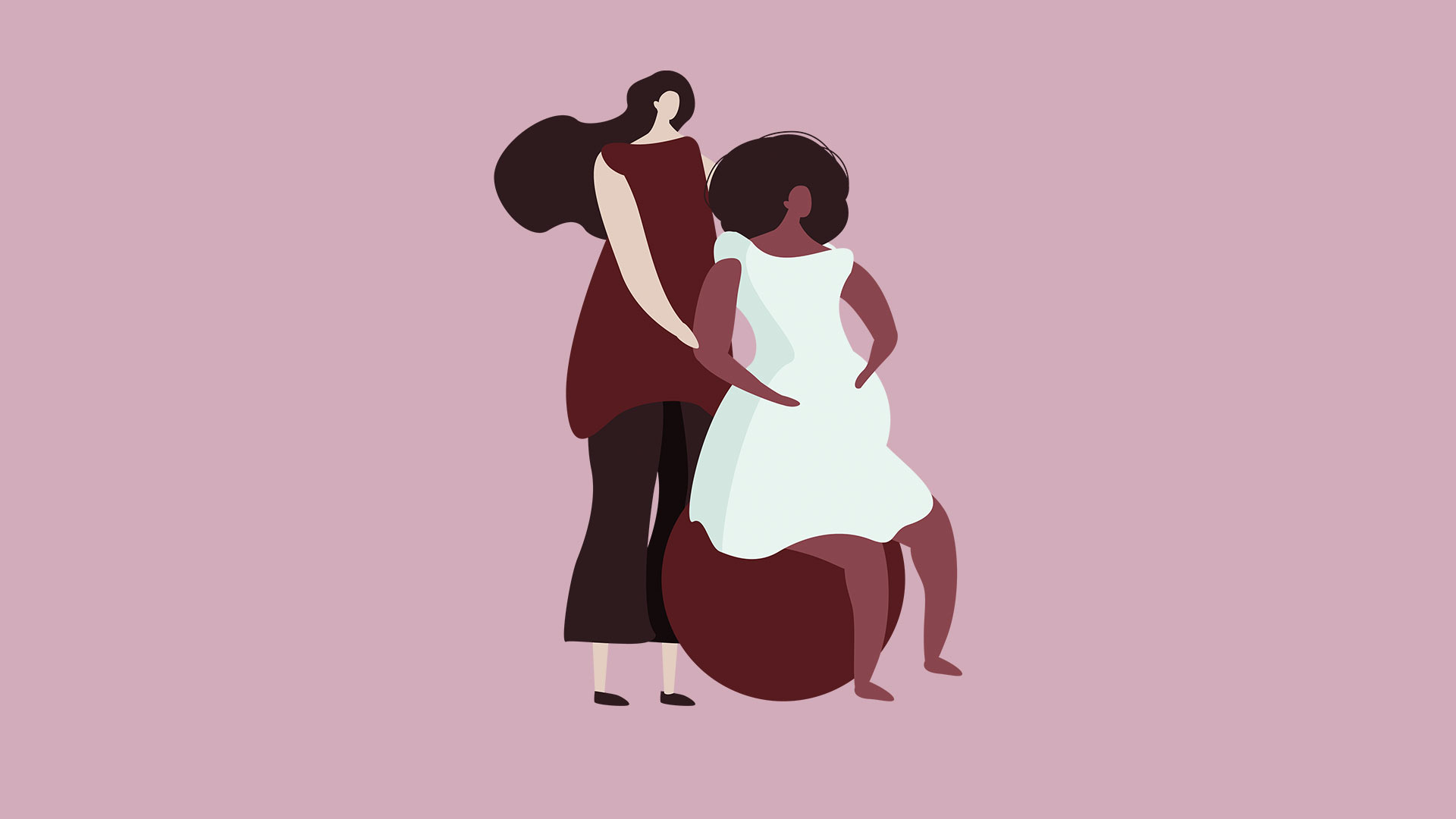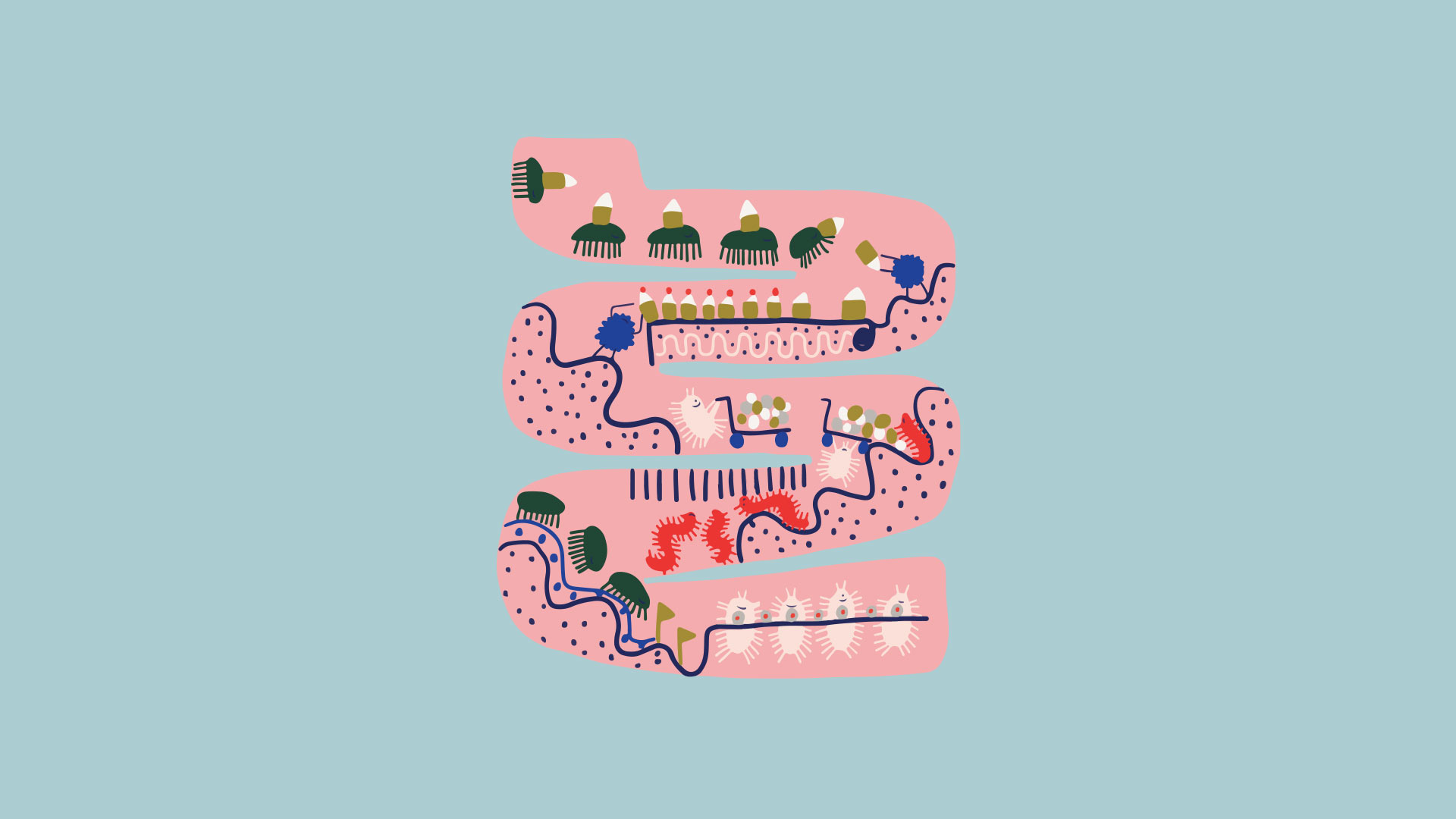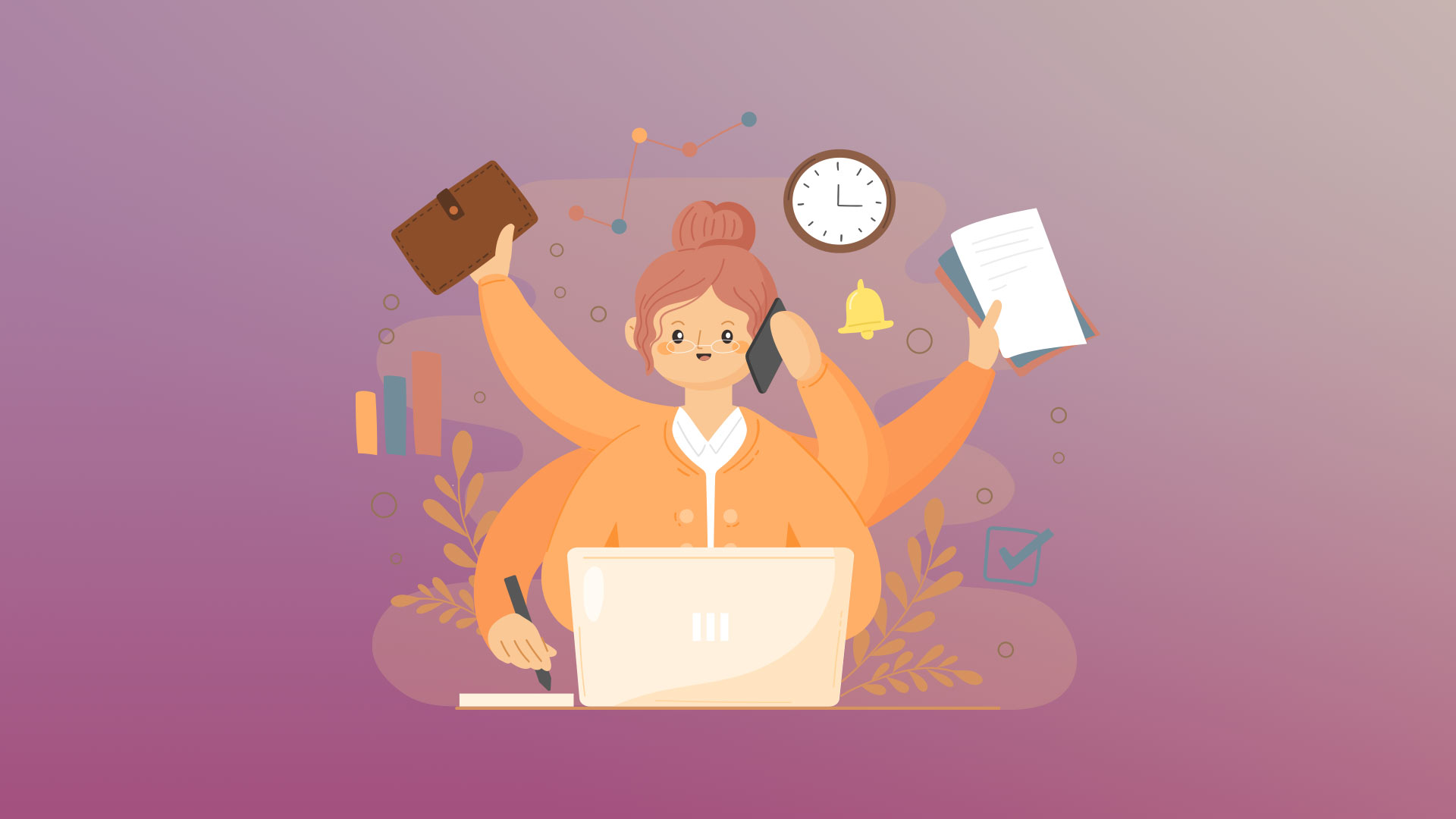Friendship
Our society tends to place an emphasis on romantic relationships. We think that just finding that right person will make us happy and fulfilled. But research shows that friends are actually even more important to our psychological welfare. Friends bring more happiness into our lives than virtually anything else.
Friendships have a huge impact on your mental health and happiness. Good friends relieve stress, provide comfort and joy, and prevent loneliness and isolation. Developing close friendships can also have a powerful impact on your physical health. Lack of social connection may pose as much of a risk as smoking, drinking too much, or leading a sedentary lifestyle. Friends are even tied to longevity. One Swedish study found that, along with physical activity, maintaining a rich network of friends can add significant years to your life.
But close friendships don’t just happen. Many of us struggle to meet people and develop quality connections. Whatever your age or circumstances, though, it’s never too late to make new friends, reconnect with old ones, and greatly improve your social life, emotional health, and overall well-being.
The benefits of friendships
While developing and maintaining friendships takes time and effort, healthy friendships can:
Improve your mood.
Spending time with happy and positive friends can elevate your mood and boost your outlook.
Help you to reach your goals.
Whether you’re trying to get fit, give up smoking, or otherwise improve your life, encouragement from a friend can really boost your willpower and increase your chances of success.
Reduce your stress and depression.
Having an active social life can bolster your immune system and help reduce isolation, a major contributing factor to depression.
Support you through tough times.
Even if it’s just having someone to share your problems with, friends can help you cope with serious illness, the loss of a job or loved one, the breakup of a relationship, or any other challenges in life.
Boost your self-worth.
Friendship is a two-way street, and the “give” side of the give-and-take contributes to your own sense of self-worth. Being there for your friends makes you feel needed and adds purpose to your life.
There are many benefits to having close friendships and social networks. Not only do friendships increase self-confidence and self-worth, but friends and confidants are also great for listening to problems and helping through difficult times, offering advice, help and support.
Friends can also help reduce stress and improve happiness. Adults with strong social and friendship circles can experience better overall health with lower risk of depression, unhealthy BMI, cognitive impairment and high blood pressure. Studies have also indicated that older adults with active social lives live longer and the risk of dementia is also decreased, so it’s time to widen the friendship net.
Dr Dimitrios Paschos is a Consultant Psychiatrist at Re: Cognition Health. He addresses the question of whether friendships develop any differently if you meet people via a website online community? ‘Meeting people virtually can be hugely beneficial – it enables individuals with similar interest to connect, it is very convenient as distance and time are not a problem, so people from all around the world can be friends. Meeting, virtually, provide a huge confidence boost for those who find new face to face social interactions a challenge. Initiating conversation can be easier, resulting in rapid development of a “virtual” friendship. Virtual friendships were a blessing, for many, throughout the pandemic helping people stay connected. However, it’s important to strike a balance and not get lost in the “online world”. A healthy mix of real life and virtual friendships is recommended in order to gain full emotional benefit.
Ultimately, nothing can substitute for real life connections – whilst they may take longer to develop, it is possible to read body language, hug and enjoy shared experiences such as walks, trips to galleries or the cinema and most importantly, give and receive emotional support.
How important are friendships to our overall physical and mental wellbeing? Friendships are imperative for people of all ages, helping to reduce the risk of mental health problems including depression, addiction, aggression and even dementia. In fact, throughout the pandemic, those living with dementia were at a higher risk of worsening symptoms due to social isolation. Loneliness can have a negative impact on physical health, reducing life expectancy and increasing the risk of obesity and cardiovascular disease.
Is it generally more or less challenging to create friendships as we grow older?
As we get older, life can become much busier with work and family commitments, with spare time becoming increasingly limited, making it hard to invest in existing and new friendships. Our friendship circle also starts decreasing around the age of 25 as we start losing touch with people or growing apart. A 2018 study concluded that it takes 50 hours of spending time with someone to take a relationship from acquaintance to friend and up to 200 hours nurturing a friendship, before it is considered a close friendship.
Some adults find it hard to make new friends, whether they are “out of practice” or struggling with confidence, but investing in fostering these close relationships is hugely important and beneficial’.
Dr Paschos’s developing friendship advice:
1) Take a lunch break. The socialising that happens during a lunch break with colleagues can have a positive impact on your enjoyment of the workplace, helping individuals develop friendships and encourage information sharing, which are beneficial to individuals as well as the workplace as a whole.
2) Join a club or social group. Having mutual hobbies and interests is a great start to making friends as an adult, helping foster relationships faster and more easily. Whether it’s sport, cars, gardening, craft or areas of academia, you will meet like-minded people and have ready-made conversation starters!
3) Be open to new experiences and opportunities. It’s important to explore things out of your comfort zone – this could open a whole new world of possibilities and friendships
4) Reconnect with old friends. There are so many reasons for losing touch with friends over the years. There could be an instant friendship circle ready to reignite and it is surprising how easy it can be to pick up where you left off; regardless of the years that have passed.
5) Make an effort. Friendships do take commitment and it’s important to invest the time in friendships on a regular basis.
Dr Dimitrios Paschos, Consultant Psychiatrist at Re:Cognition Health www.recognitionhealth.com.

















